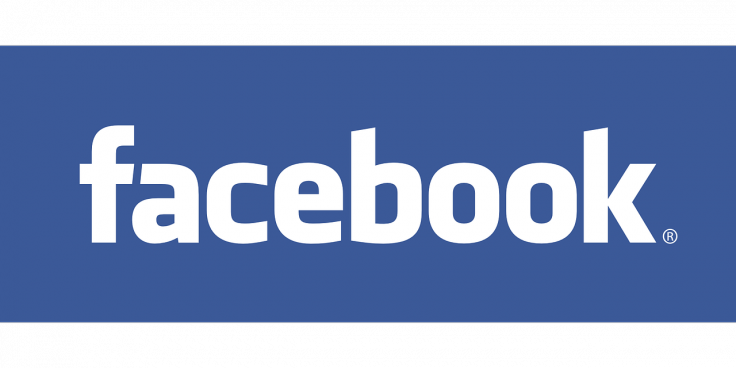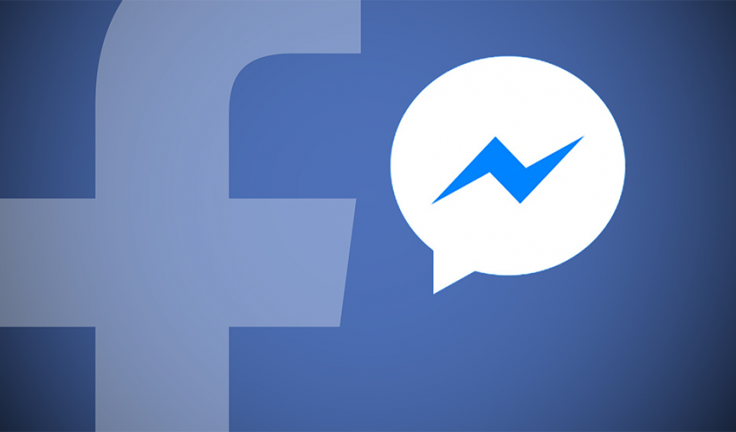Facebook on Thursday launched a desktop version of its Messenger app to allow its users to do video chats on their computer screens. Understandably, the move is in a bid to take on videoconferencing apps like Zoom, which has been a hit with both students and corporate offices as coronavirus outbreak puts restriction on travel and socializing.
Facebook's desktop version of the Messenger app comes exactly a year after its announcement. The launch is likely to help get Facebook more users given that videoconferencing apps have gained immense popularity over the past few weeks with an increasing number of governments are putting restrictions on travel and locking down borders.
Facebook's big move

The desktop version of Messenger comes almost nine years after the app debut. The desktop version of its Messenger app is for Apple's Mac and Microsoft's Windows. Facebook had announced its plans of launching a desktop version of the Messenger app at its F8 conference a year ago.
The standalone Messanger desktop app is definitely going to help Facebook add more users. Although Facebook didn't mention in ts press release, standalone apps are typically faster and more responsive than apps that run in our browser. Moreover, the roll out of the desktop version of the Messenger app comes just a couple of weeks after Facebook overhauled its iOS Messenger app to make it faster and lighter.
Facebook takes on Zoom

Video conferencing apps have gained popularity lately as most people are confined to their homes following the coronavirus outbreak. Facebbok timing of launch of a desktop version of Messenger is just perfect given that videoconferencing apps such as Zoom, Skype have become the prime mode of communication at both corporate offices and among teenagers.
Facebook on Thursday said that following the coronavirus outbreak and the subsequent restriction on socializing and travelling has seen more than 100% surge in people using desktop browser for audio and video calling on Messenger over the past few weeks. However, Zoom still seems to be far ahead in the race.
Zoom on Thursday separately said that it pulled more than 200 million daily video users in March from a previous total of 10 million, as it popularity grew among corporate offices, school districts, organizations and millions across the world working from home after lockdowns following the coronavirus outbreak.
Moreover, Facebook Messenger also has its set of shortcoming. The biggest shortcoming is that it can only handle up to eight group video call participants, opposed to 100 or even 500 on Zoom. Also, it may not be that useful for social events and webinars as it doesn't easily allow sharing a URL that lets other people join a call.








